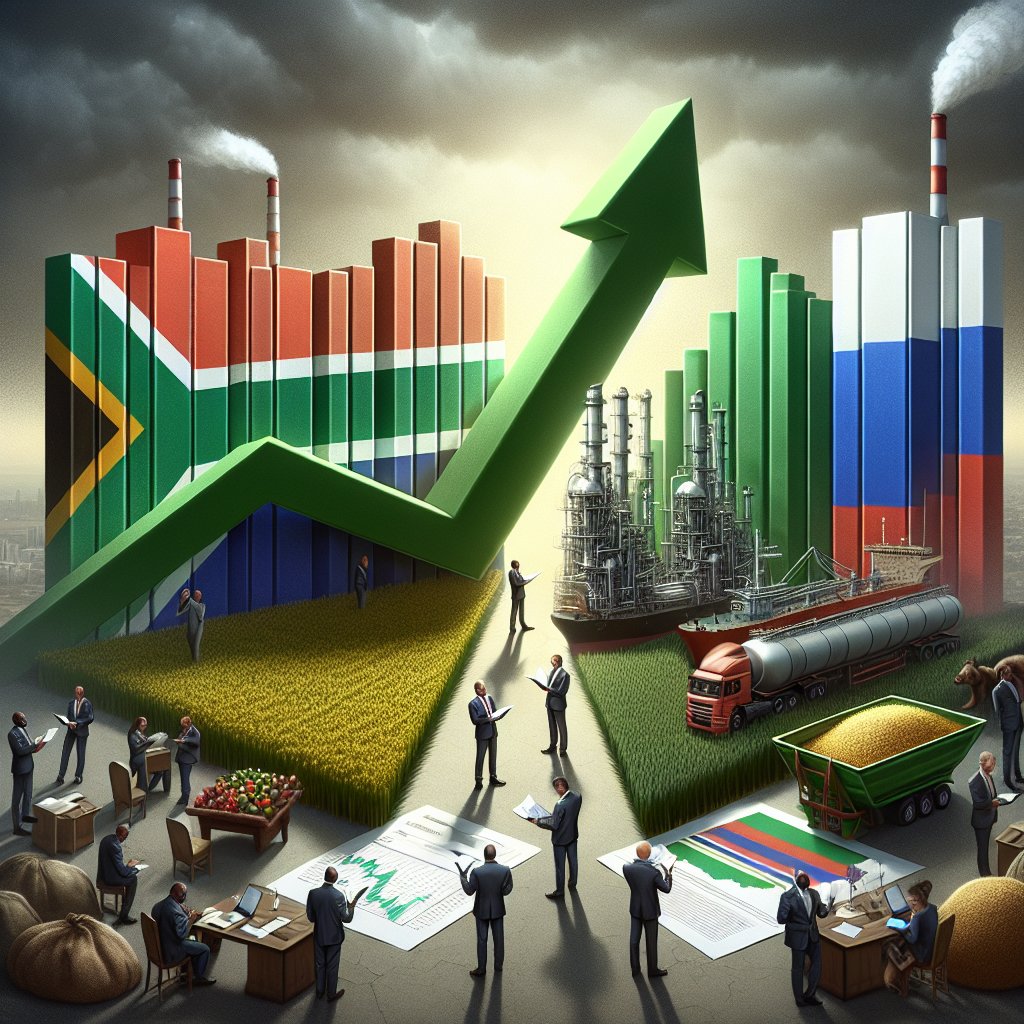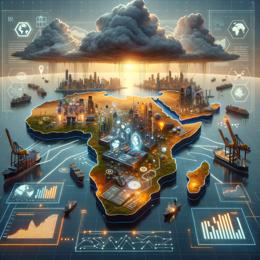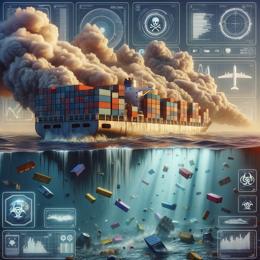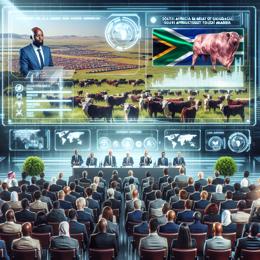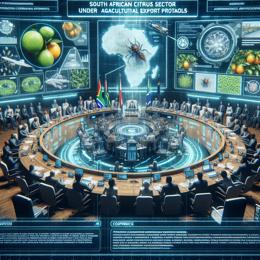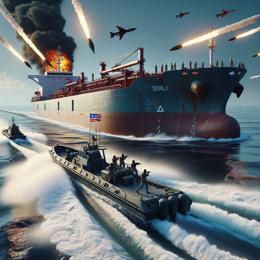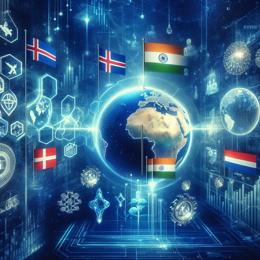Content created by AI
Skepticism Over Reported Boost in Russia-SA Trade Amid Political Caution
The recent announcement that trade between South Africa and Russia has surged by almost 30% in 2023 has sparked both curiosity and skepticism within economic and political spheres. According to Russian Agriculture Deputy Minister Sergey Levin, agricultural trade turnover has exceeded the R10 billion mark, with exports to South Africa nearly doubling.
However, the reported trade bonanza touted by Russian sources, including Sputnik News, has been called into question by Menzi Ndhlovu, Senior Political and Country Risk Analyst at Signal Risk. In a critical dialogue with journalist Bruce Whitfield, Ndhlovu casts doubt on the credibility of the reported increase, emphasizing the need for a more meticulous examination of the data and its origins.
Ndhlovu's scrutiny points to an absence of detailed explanations behind the booming numbers and highlights the suspect timing of the statistics emerging from a Russia-South Africa agriculture forum, a strategic moment for potentially inflated announcements aimed at fostering stronger ties. He urges a cautious approach, advising observers to await more trustworthy sources before accepting the 30% increase as fact.
The growing trade narrative between South Africa and Russia sits against a backdrop of a partnership that is not without its complications. Ndhlovu implies that a lack of transparency and potential legal and strategic pitfalls could undermine any purported gains. This is illustrated by the recent deal between South Africa's PetroSA and Russia's Gazprombank, which aims to revive the gas-to-liquids refinery in Mossel Bay. The partnership has raised eyebrows due to ongoing sanctions against Russia and the current international push for greater economic prudence.
Ndhlovu contends there is inherent logic in states conducting business in line with their national interests; this pragmatism underpins international relations and is practiced globally. The crux of the issue lies in balancing these interests with the risks attached to entering into deals with sanctioned entities, particularly as South Africa seeks to mend its economic reputation and maintain strategic relationships with Western benefactors.
In his analysis, Ndhlovu also underscores the importance of questioning the transparency, legality, and strategic consequences of South Africa's engagements with Russia. With the specter of greylisting and the ongoing journey to improve the country's credit status, engagements such as the Gazprom deal come with a reputational burden that requires careful consideration.
The skepticism expressed by Ndhlovu invites a broader debate on the nature of international trade and diplomacy, pushing towards a more nuanced understanding of the figures that come to define these engagements.
